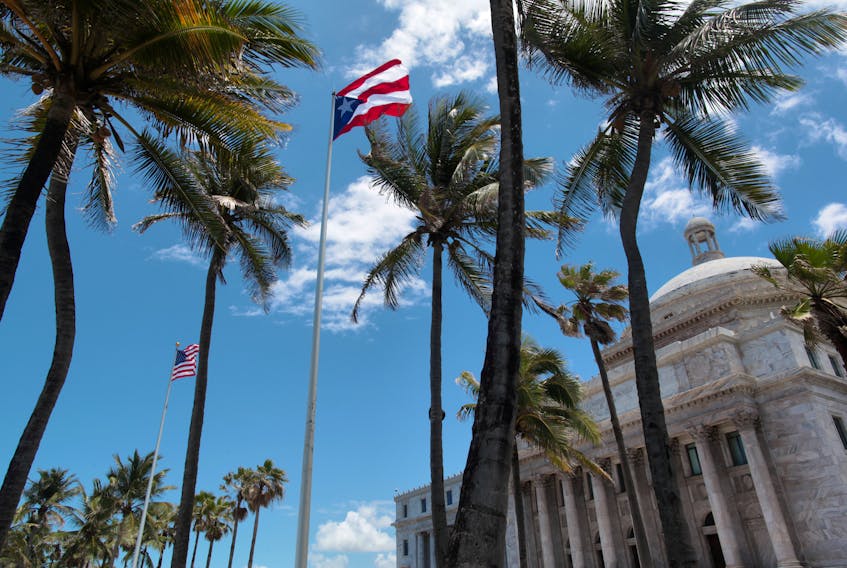(Reuters) - Puerto Rico's roads, ports, energy grid and other infrastructure scored an overall D-minus in the first report card issued for the U.S. commonwealth on Tuesday by an engineering group, which put a price tag of as much as $23 billion over 10 years on needed updates and repairs.
The near-failing grade from the American Society of Civil Engineers comes as the island is still trying to recover from devastating hurricanes that hit in 2017 and as its bankrupt government attempts to restructure about $120 billion of debt and pension obligations in federal court.
Most of the island's infrastructure is in "poor condition" and is exhibiting "significant deterioration," according to the report.
Puerto Rico would need to spend an additional $13 billion to $23 billion over 10 years "to update infrastructure in order to support economic growth and competitiveness," the report said.
It added that "when considering deferred maintenance and hurricane-related recovery projects, the investment gap is even larger."
So far, the U.S. government has sent the island $14.4 billion of the $43 billion in disaster funding that has been allocated.
The report card assigned the lowest grade of F to Puerto Rico's energy infrastructure, which it said was already in poor condition before Hurricanes Irma and Maria demolished much of the electrical grid, leading to extended blackouts.
A $20.3 billion, 10-year plan to modernize and decentralize Puerto Rico's power network was unveiled last month by Governor Wanda Vazquez Garced.
The rest of the island's infrastructure was determined to be "at risk." Dams, bridges and the wastewater system earned D-plus grades, while ports and drinking water were graded D and roads and solid-waste system were a notch lower at D-minus.
Recommendations included creating and adhering to a long-term comprehensive infrastructure plan and increasing resilience by building to modern industry standards.
(Reporting by Karen Pierog in Chicago; Editing by Matthew Lewis)









